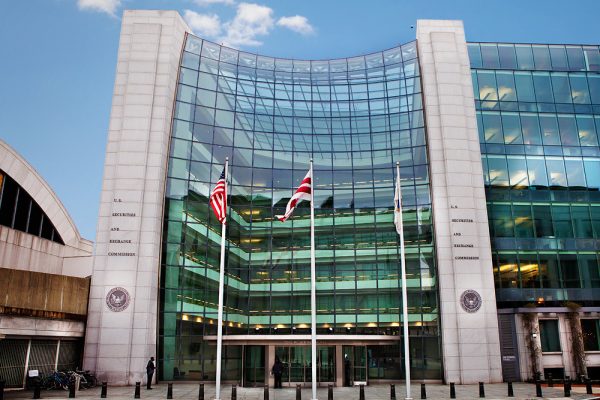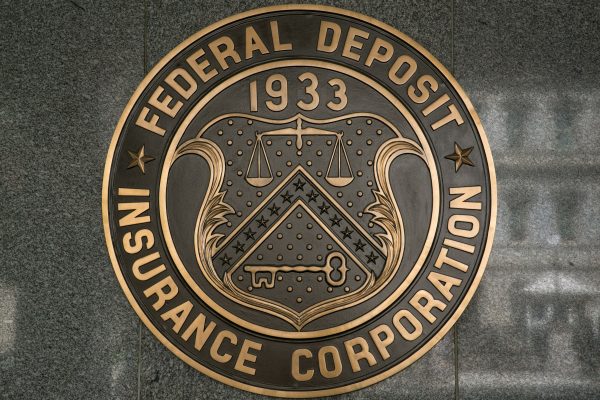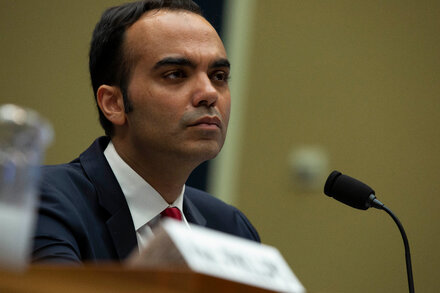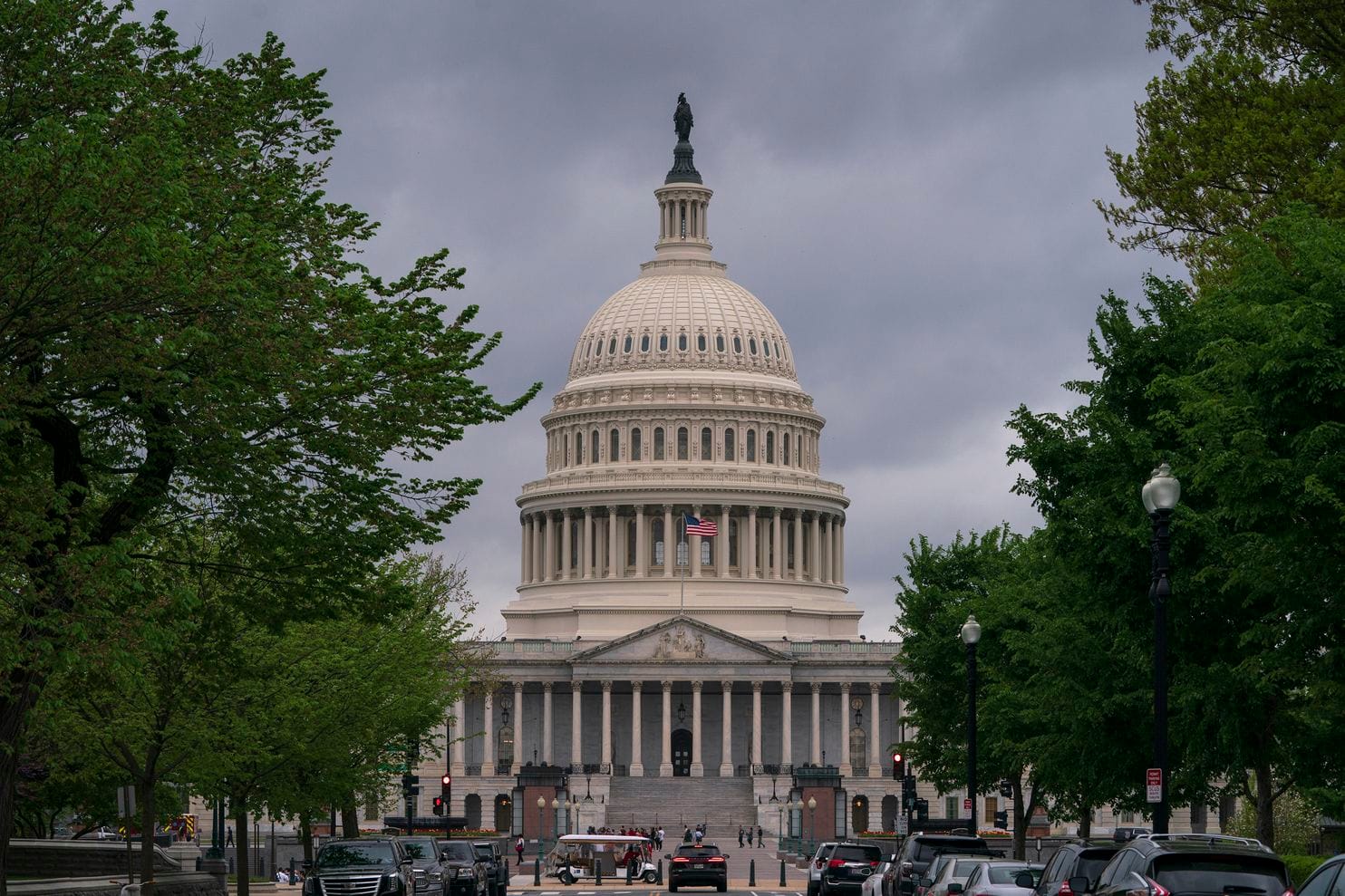In The News: Bank lobbyists’ attacks on CFPB obscure the real ‘rogues’ (American Banker)
Polling [from Americans for Financial Reform] has consistently found that the public likes having a strong CFPB. It’s why banking lobbyists try to harp on images of government bureaucrats telling people what to do. But the public on the whole appreciates that the financial services industry is massive and powerful; it put nearly $3 billion into the 2020 elections, [according to AFR research].










